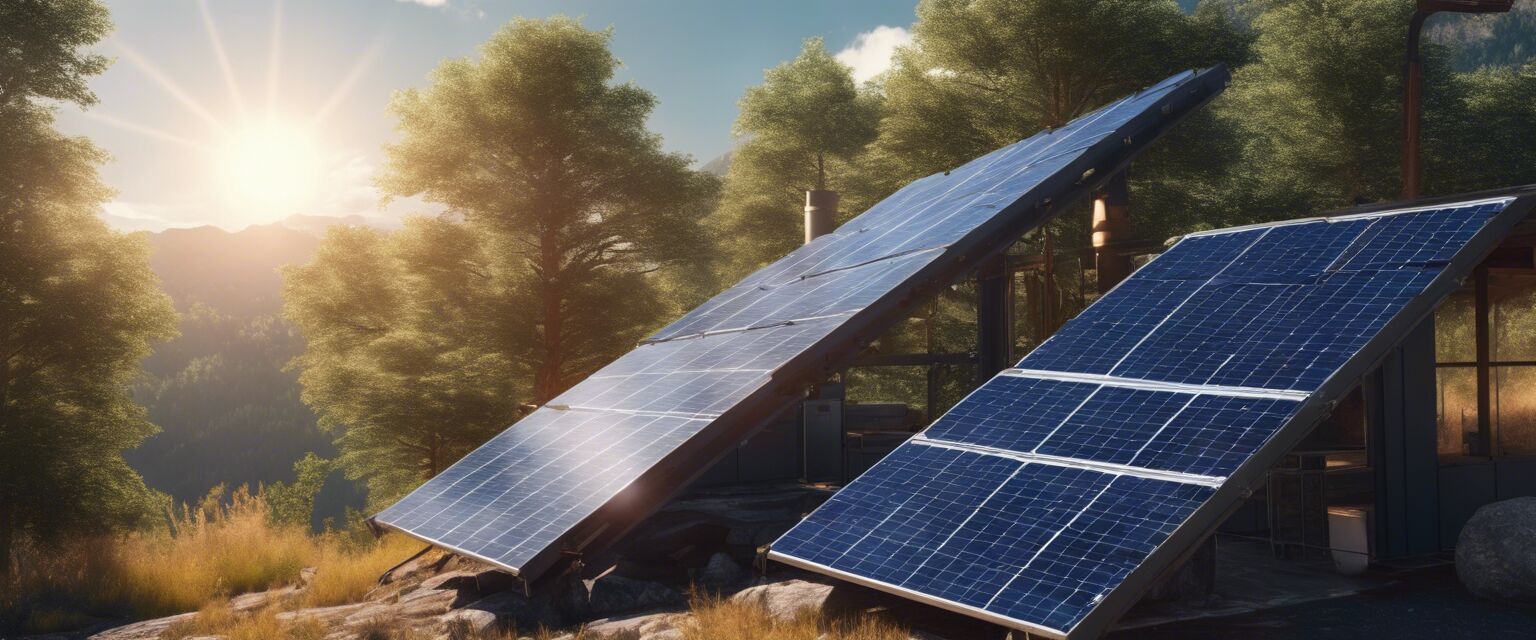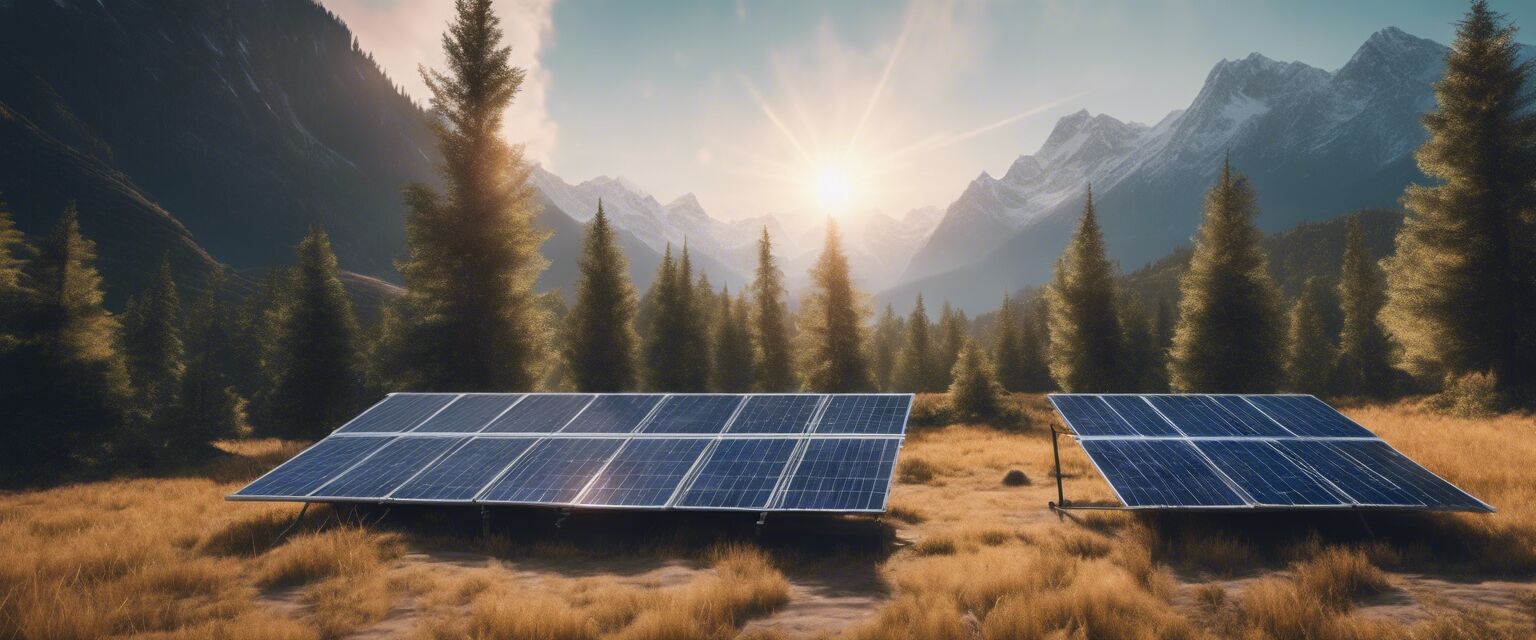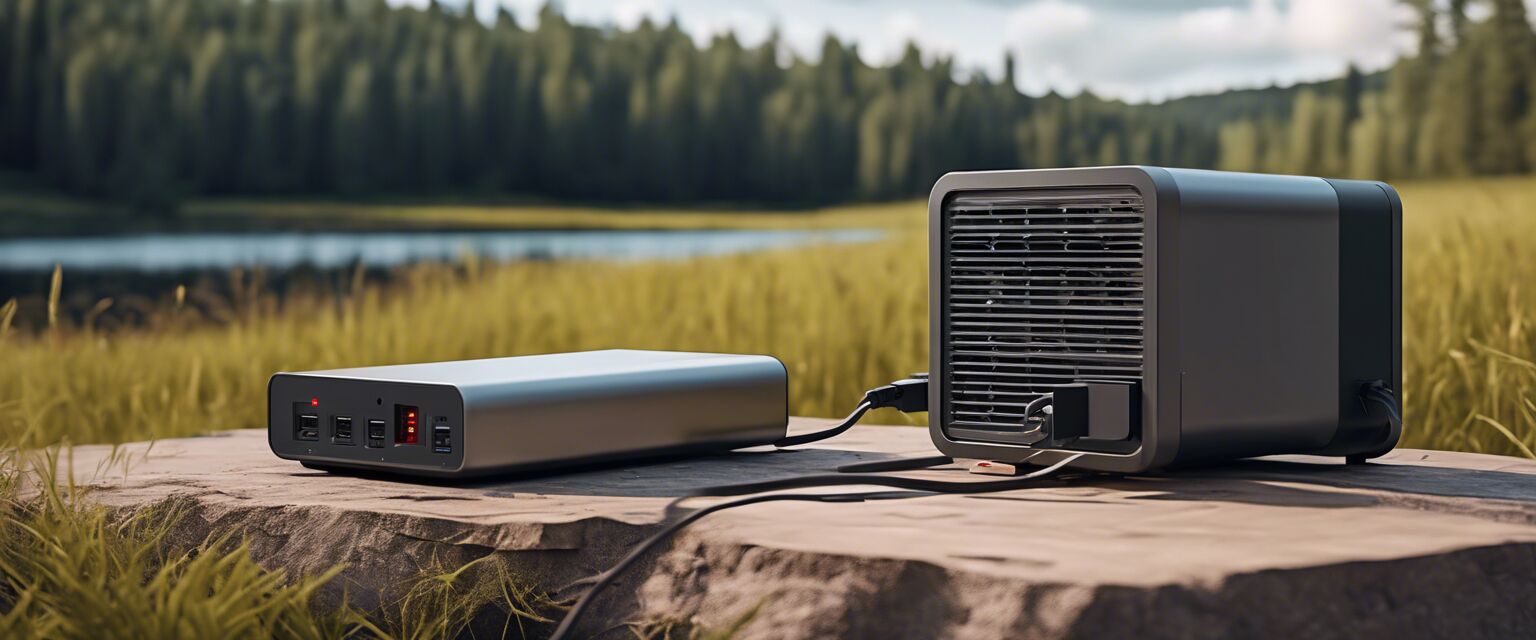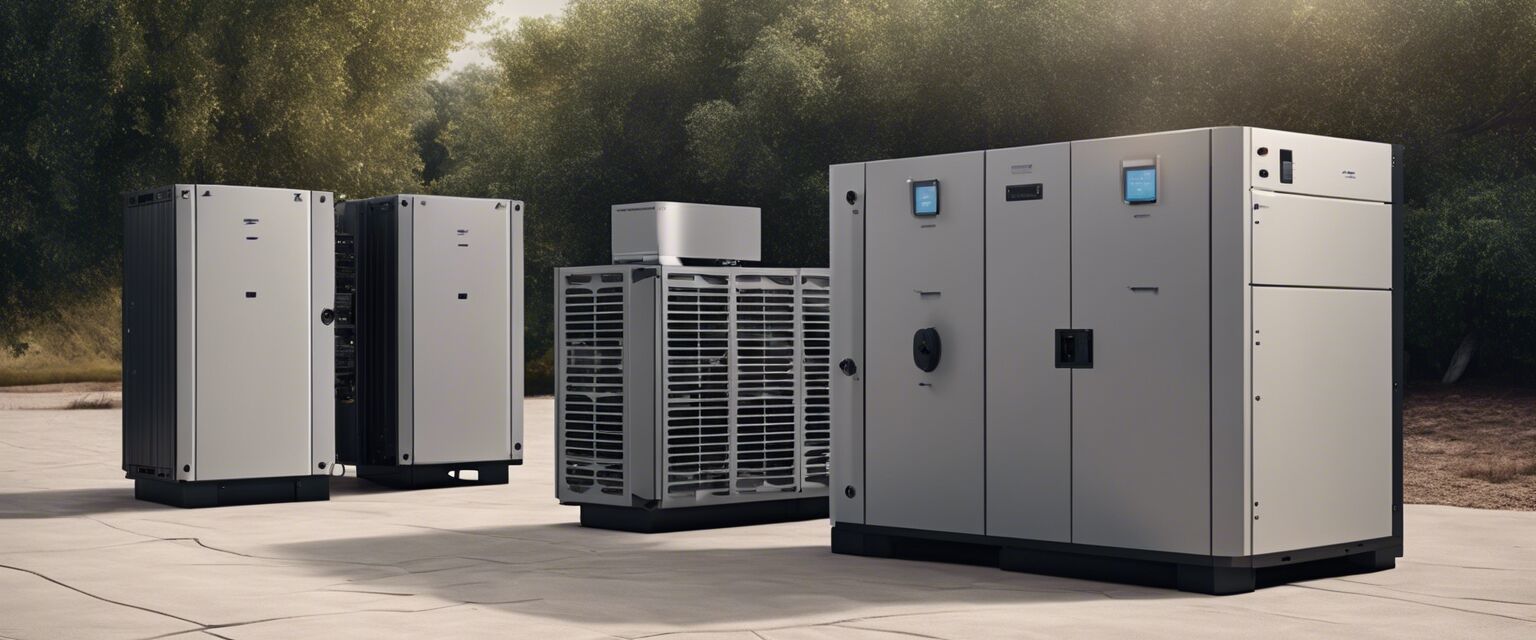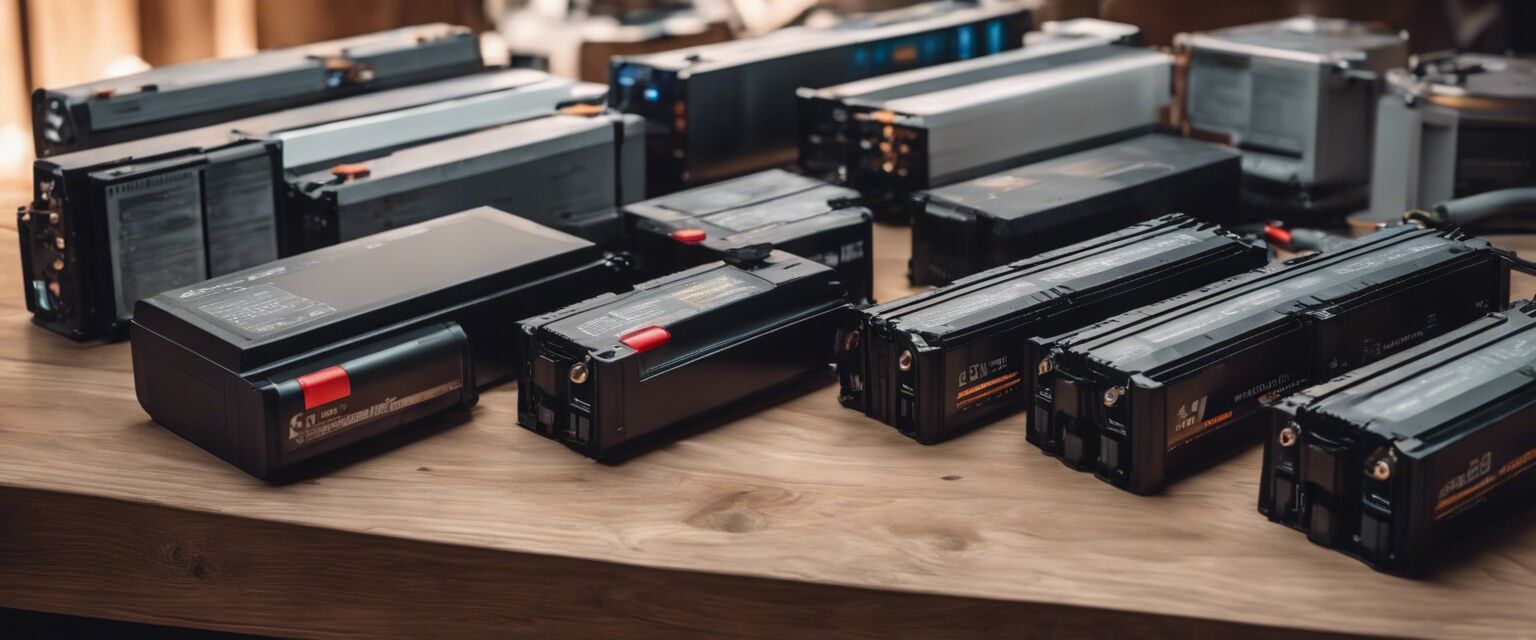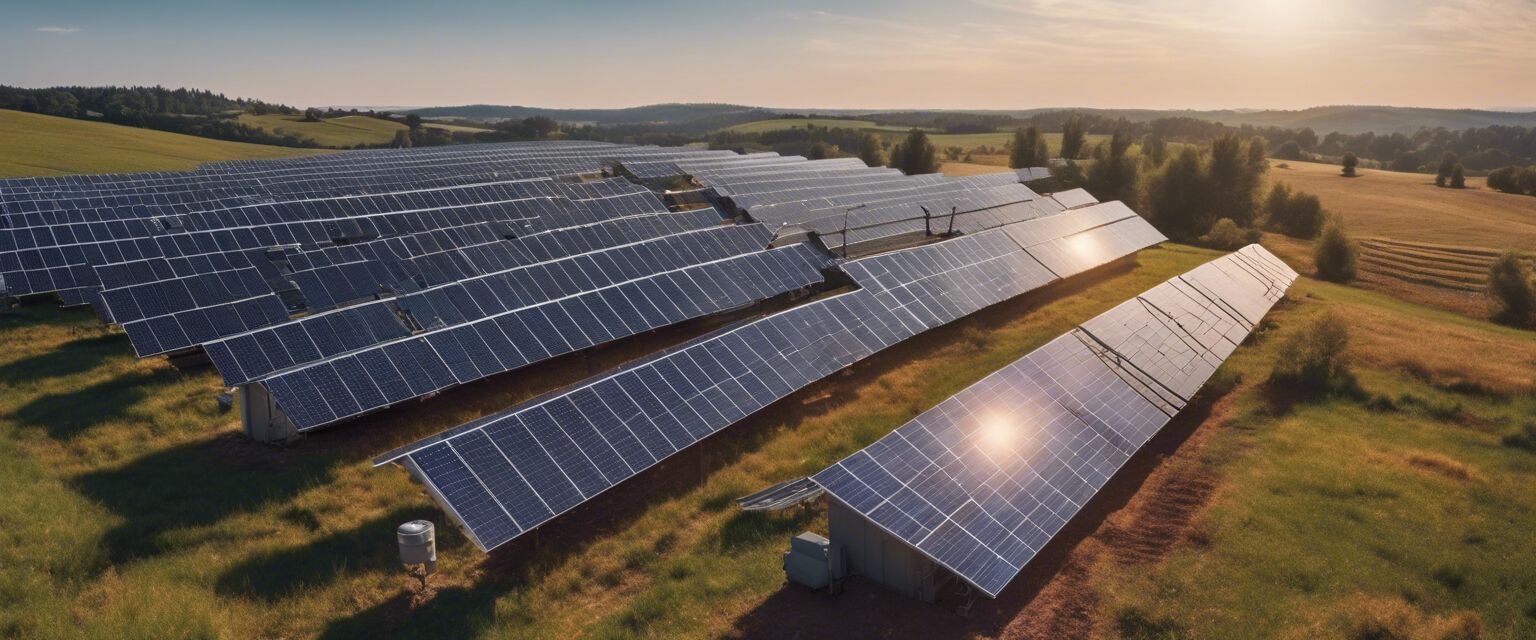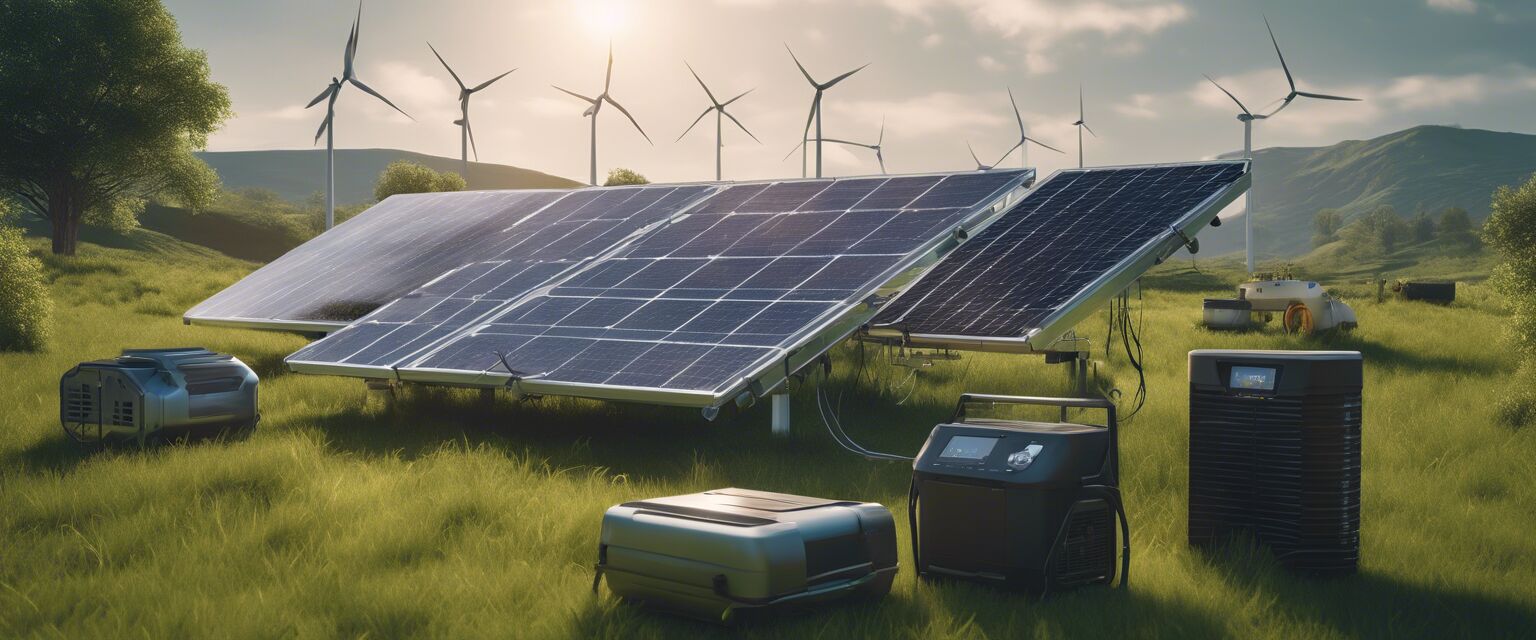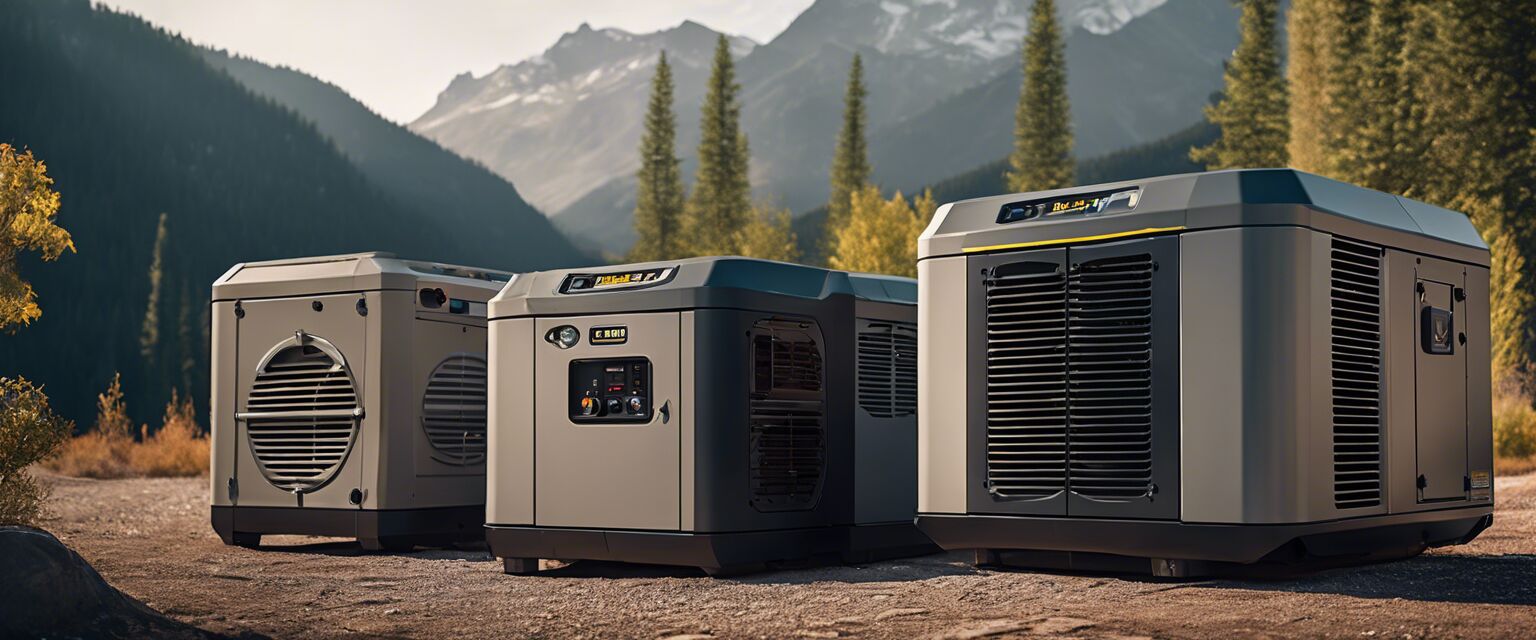
Generator Solutions
Key Takeaways
- Generators provide essential power for off-grid living.
- Options include gas, diesel, and dual-fuel generators.
- Choosing the right generator depends on power needs and fuel availability.
- Regular maintenance is crucial for optimal performance.
In today's world, many people seek ways to live off the grid, whether due to a desire for a simpler lifestyle or the need to be prepared for emergencies. Generators play a crucial role in providing power in areas without consistent electricity access. This guide will analyze and review various generators suitable for off-grid power, including gas, diesel, and dual-fuel options. Understanding these solutions can help you make an informed decision for your power needs.
The Importance of Generators for Off-Grid Living
Generators are essential for anyone looking to live off the grid. They provide electricity for appliances, tools, and lighting, ensuring that you can maintain a comfortable lifestyle even in remote areas. Here's a breakdown of why generators are vital:
- Reliable power source for essential appliances
- Flexibility in fuel choices
- Support for emergency situations
Types of Generators
When considering generators, you'll find several types available, each with its pros and cons.
| Type | Fuel Source | Power Output | Efficiency | Best Use |
|---|---|---|---|---|
| Gas Generators | Gasoline | 2,000 - 10,000 watts | Moderate | Light to moderate power needs |
| Diesel Generators | Diesel | 5,000 - 30,000 watts | High | Heavy-duty applications |
| Dual-Fuel Generators | Gasoline & Propane | 2,500 - 12,000 watts | High | Versatile power needs |
Gas Generators
Gas generators are commonly used for light to moderate power needs. They are easy to find and typically more affordable than other options. However, they may not be as efficient for heavy-duty applications.
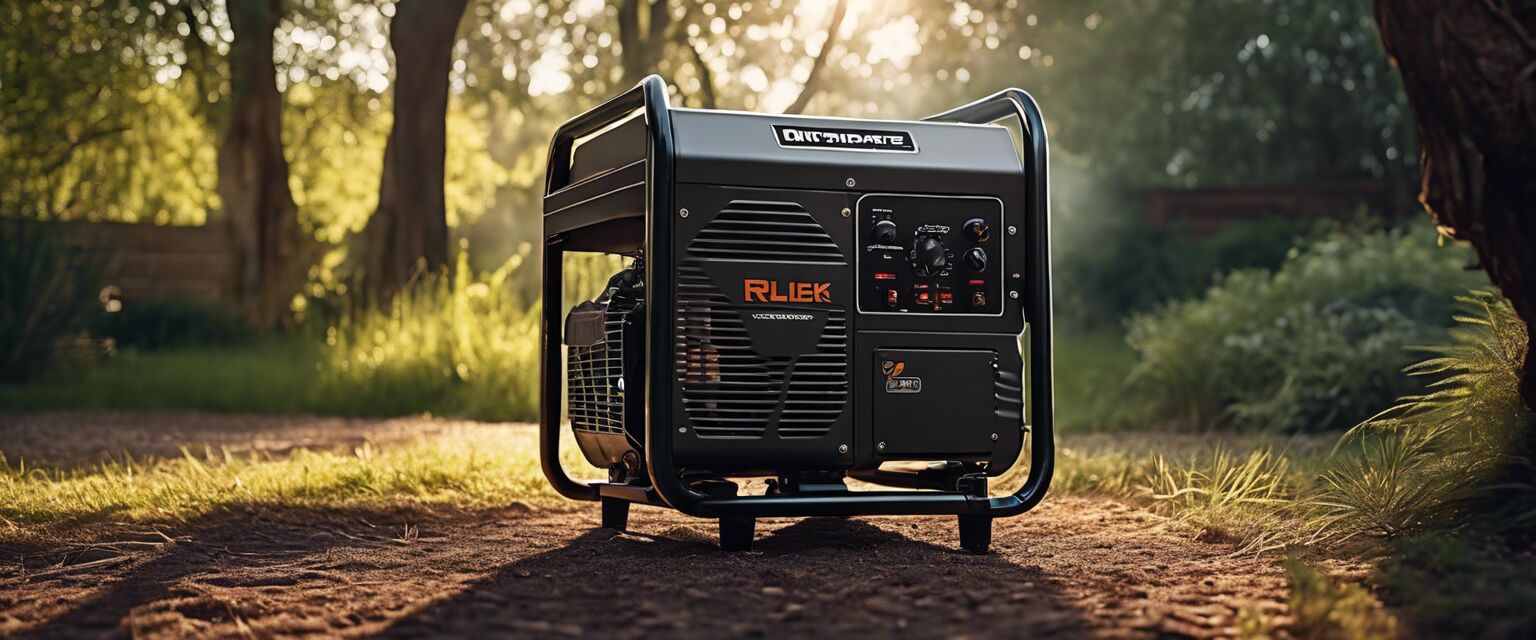
Diesel Generators
Diesel generators are known for their durability and efficiency. They are ideal for heavy-duty applications and provide a higher power output than gas generators. However, they can be more expensive and may require more maintenance.
Dual-Fuel Generators
Dual-fuel generators offer flexibility, allowing you to switch between gasoline and propane. This can be beneficial if one fuel source becomes scarce. They provide a good balance of power output and efficiency.
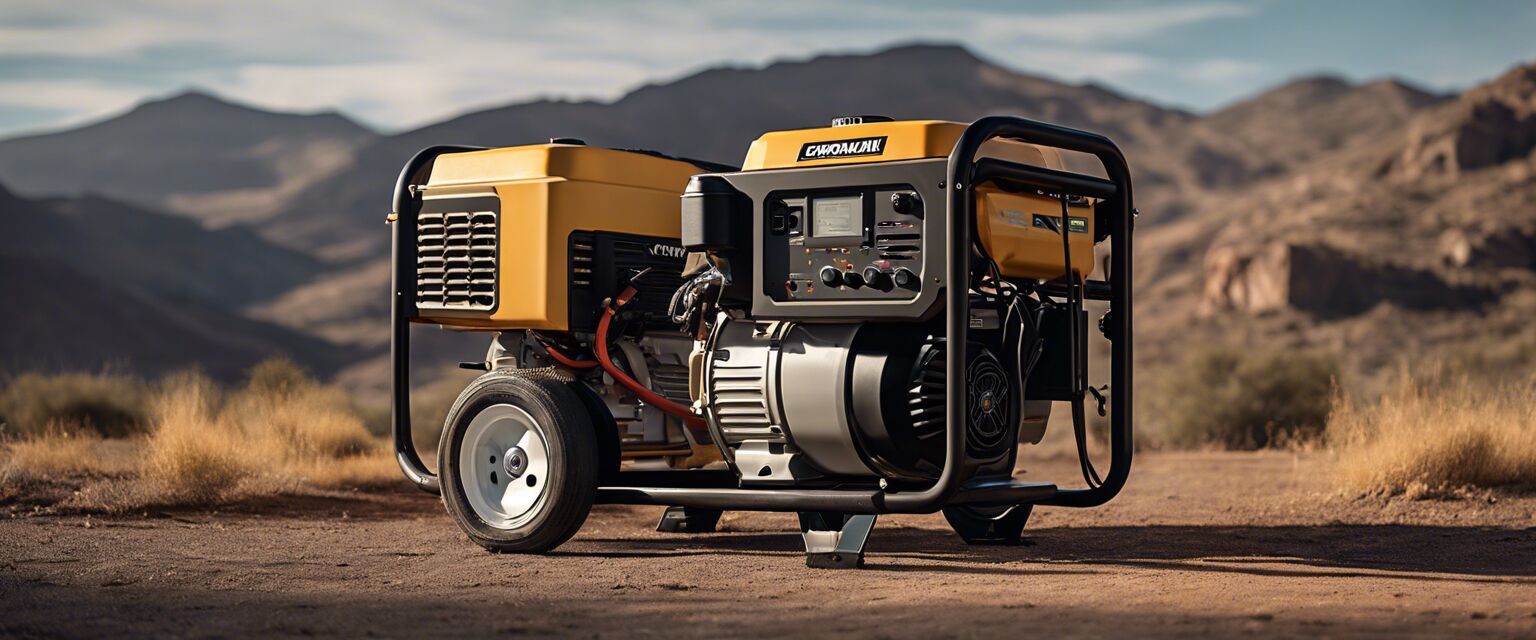
Choosing the Right Generator
When selecting a generator for off-grid power, consider the following factors:
- Power Needs: Calculate the total wattage of devices you plan to run.
- Fuel Availability: Determine which fuel sources are readily accessible in your area.
- Portability: Consider if you need a stationary or portable generator.
- Noise Level: Look for models that operate quietly, especially in residential areas.
Maintenance Tips for Generators
Regular maintenance is essential to ensure optimal performance and longevity. Here are some key maintenance tips:
- Check and change the oil regularly.
- Inspect the air filter and replace as needed.
- Keep the fuel tank clean and free of debris.
- Run the generator periodically to keep it in good working condition.
Beginner's Guide to Generator Maintenance
- Always refer to the user manual for specific maintenance instructions.
- Wear protective gear when handling fuel or performing maintenance.
- Store fuel properly and away from heat sources.
Comparison of Popular Generator Brands
| Brand | Type | Power Output | Fuel Efficiency | Warranty |
|---|---|---|---|---|
| Brand A | Gas | 3,500 watts | Moderate | 2 years |
| Brand B | Diesel | 7,000 watts | High | 3 years |
| Brand C | Dual-Fuel | 4,500 watts | High | 3 years |
Conclusion
Generators are a vital component of off-grid living, providing the power needed for a comfortable lifestyle away from traditional electricity sources. By understanding the different types of generators available, their maintenance requirements, and how to choose the right one for your needs, you can ensure that you have a reliable power source wherever you go.
Pros
- Provides reliable power in remote areas.
- Variety of fuel options available.
- Flexible power output options.
Cons
- Some models can be noisy.
- Fuel availability can be an issue.
- Maintenance is required for optimal performance.
Explore More
For more information on off-grid power solutions, check out our other articles:

